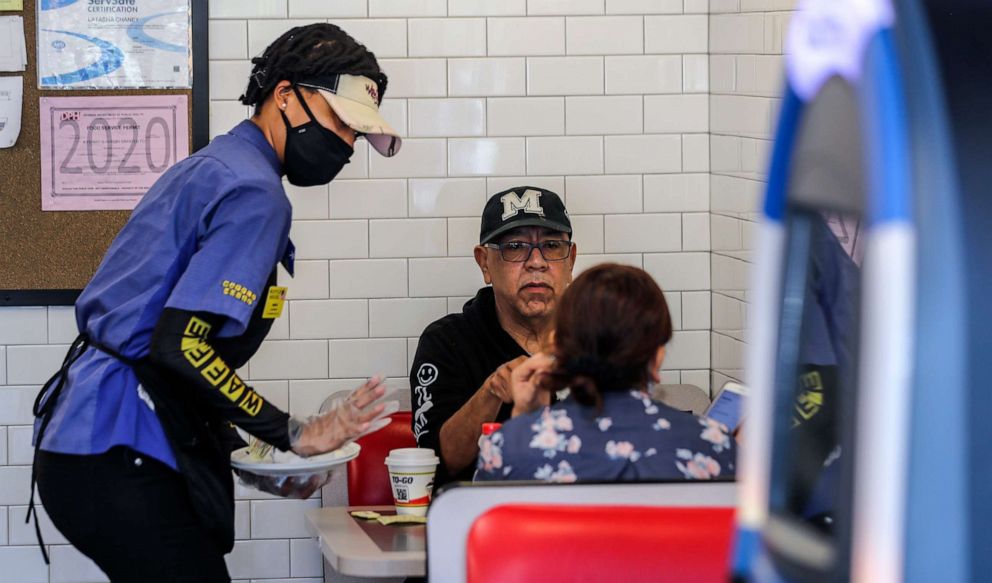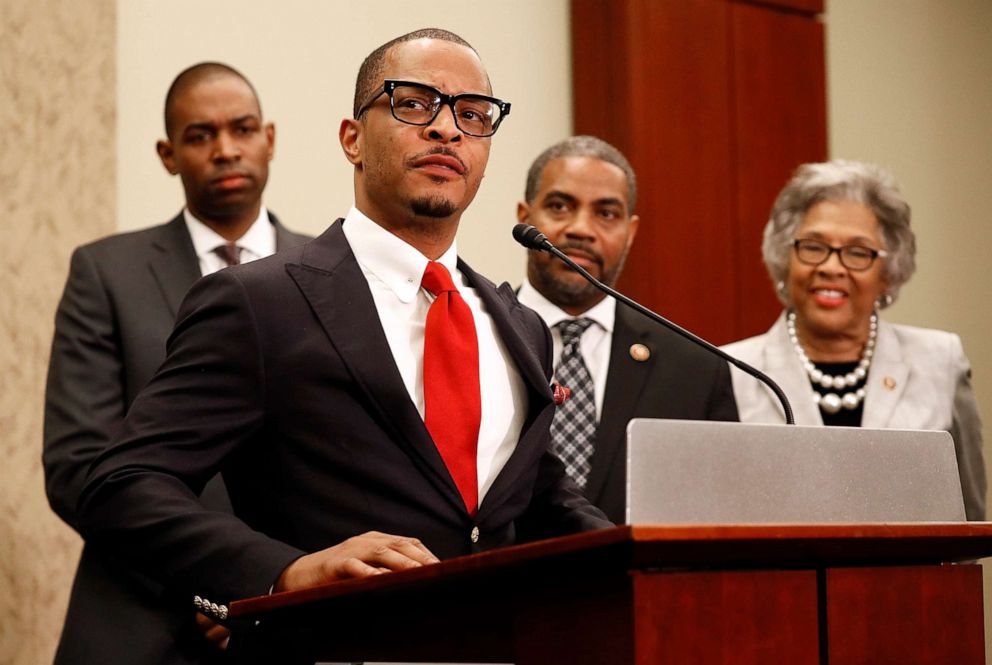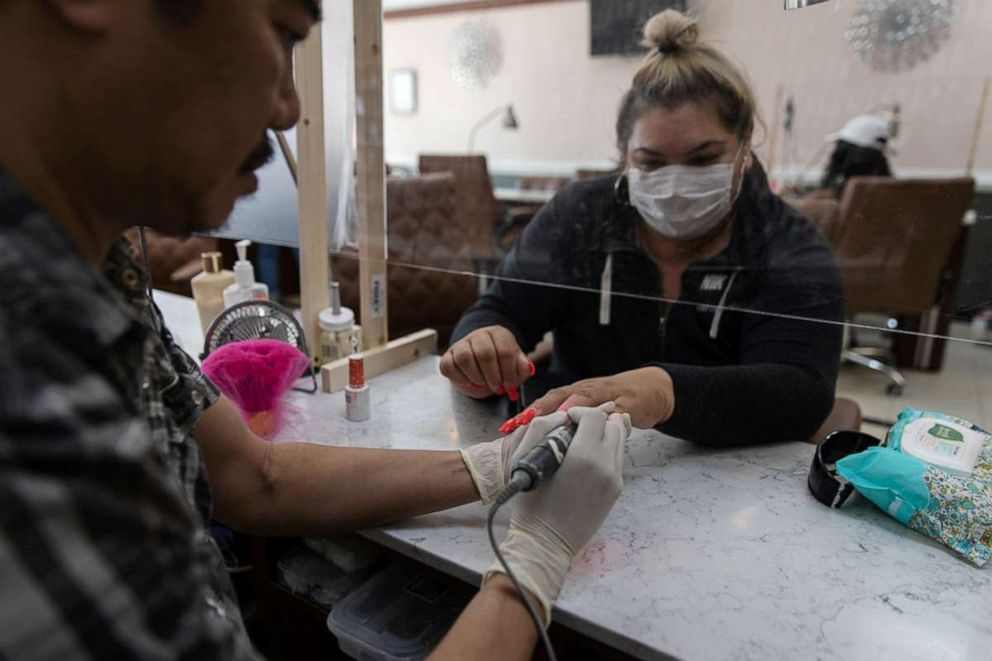T.I. says coronavirus health disparities in black communities expose 'systemic institutionalized racism'
He teamed up with a former U.S. surgeon general to bring attention to the issue.

Rapper T.I. has joined forces with former U.S. Surgeon General Dr. Regina Benjamin to raise awareness about the disproportionate impact of the coronavirus pandemic on the African American community.
“There’s systemic, institutionalized racism all about this country” and the health disparities illuminated by the coronavirus pandemic have “exposed” it, the Atlanta rapper told ABC News on Monday.
Benjamin, who served under the administration of former President Barack Obama from 2009-2013, appeared on a special edition of T.I.'s podcast "expediTIously" to educate people about the health disparities that are leading to a higher percentage of deaths in the black community and to "dispel some misconceptions" about the virus.
"We lead in diabetes, heart disease, high blood pressure, cholesterol. You know, we have so many pre-existing conditions already," T.I. said. "There’s more black people without proper health care so ain’t not telling when the last time they got (themselves) checked out … and not to mention asthma. As you know, there's so many people in our community that have bad asthma ... you have these pre-existing conditions and then you throw on top of it another crucial, treacherous attacker of your respiratory system."

U.S. Surgeon General Jerome Adams said earlier this month that communities most impacted by COVID-19 suffer from higher rates of health conditions that put them at increased risk of infection. Many live in crowded environments and work essential jobs that do not allow them to work from home.
The health disparities began to come to light as some states released COVID-19 data broken down by race. Facing increased political pressure to act, the Centers of Disease Control and Prevention provided some limited data earlier this month.
Asked about the health disparities in black communities, Dr. Anthony Fauci, director of the National Institute of Allergy and Infectious Diseases, said “diseases like diabetes, hypertension, obesity and asthma are disproportionately afflicting” minority populations, particularly African Americans, and those are “predisposing conditions that lead to a bad outcome” with coronavirus.
Fauci, who met with the Congressional Black Caucus to discuss potential solutions, told reporters during a White House coronavirus task force briefing earlier this month that health disparities are putting African Americans at higher risk of “deleterious effects” of COVID-19 and it is "very painful to see."
"We are not going to solve the issues of health disparities this month of next month," Fauci said. "This is something that we should commit ourselves to years to do."
T.I., who met with members of the Congressional Black Caucus in May 2019 to advocate for economic investments in African American communities, said it's important to highlight the "poverty" and prolonged "lack of investment" in black communities in the discussion about COVID-19 health disparities.

According to a September 2019 report by the U.S. Census Bureau, the poverty rate for blacks in 2018 was 20.8% — more than double the poverty rate for whites at 8.1%. The poverty rate for Asians was 10.1% and Hispanics at 17.6%.

The Grammy-winning rapper has been quarantining at home with his family in Atlanta and as nonessential businesses begin to open following a controversial decision by Georgia Gov. Brian Kemp, T.I. has been taking to social media to urge his family and his community to stay home.
Asked what advice he is giving to his children during the pandemic, T.I. said he's advising them to "take your vitamins, eat your vegetables, boost your immune system," and he is also telling them, "wash your hands, stay out of people's face and stay in the house."




